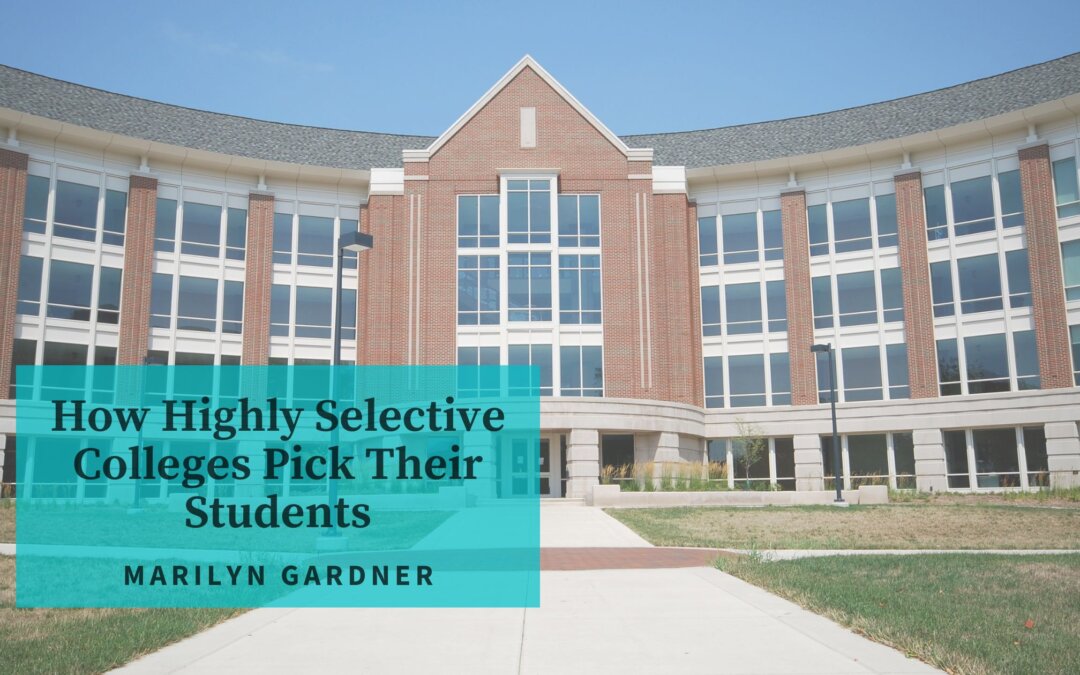Getting accepted into a highly selective college can feel like winning the lottery. These institutions receive applications from countless qualified students, so how do they decide who gets that coveted acceptance letter? Here’s a glimpse into the mysterious world of admissions at highly selective colleges:
Academic Performance: Strong grades and standardised test scores (SAT/ACT) are the foundation for any application to a top college. These metrics demonstrate your academic preparedness and ability to handle the rigours of their curriculum.
Rigor of Coursework: Colleges go beyond just GPAs. They consider the difficulty of the courses you took throughout high school. Taking Advanced Placement (AP), International Baccalaureate (IB), or other challenging courses demonstrates your willingness to push yourself academically.
Standardised Test Scores: While some colleges are moving away from standardised testing, strong SAT or ACT scores hold weight for many selective institutions. These scores provide a benchmark to compare applicants from different academic backgrounds.
Extracurricular Activities and Achievements: Top colleges seek well-rounded individuals. They value your involvement in extracurricular activities, leadership roles, awards, and community service. Your participation’s depth and impact matter more than participating in numerous clubs.
Standardised Tests: Beyond academics, some colleges consider standardised tests like the SAT Subject Tests to assess your proficiency in specific subjects. If aligned with your intended major, these can strengthen your application.
Essays and Recommendations: Your essays are your chance to tell your story and showcase your unique voice, personality, and passions. Strong recommendations from teachers and counsellors can provide valuable insights into your work ethic, potential, and character.
Demonstrated Interest: Some colleges consider “demonstrated interest” – your expressed interest in their institution. Attending campus visits, information sessions, or webinars shows genuine enthusiasm and can give your application a slight edge.
Well-Rounded Class: Colleges strive to create a diverse student body. They consider race, ethnicity, socioeconomic background, and geographic location to ensure a well-rounded class that fosters a vibrant learning environment.
Legacy and Alumni Relations: While not a deciding factor, legacy status (having a family member who attended the college) or connections to alums can sometimes provide a slight advantage. However, academic merit and overall application strength remain paramount.
The “X-Factor”: Sometimes, an intangible quality sets an application apart. It could be a unique talent, a compelling essay, or an inspiring story of overcoming challenges. These “X-factors” can leave a lasting impression on admissions officers.
The admissions process at highly selective colleges is holistic, considering various factors beyond grades and test scores. By crafting a well-rounded application that showcases your academic achievements, talents, and genuine interest in the college, you can increase your chances of getting that acceptance letter. Remember, there’s no single formula for success. Focus on being your best self and letting your unique qualities shine through.
